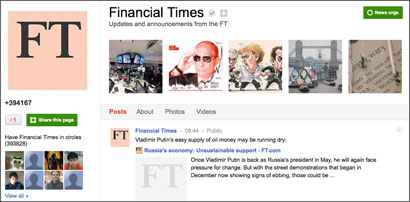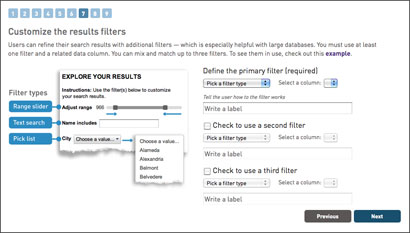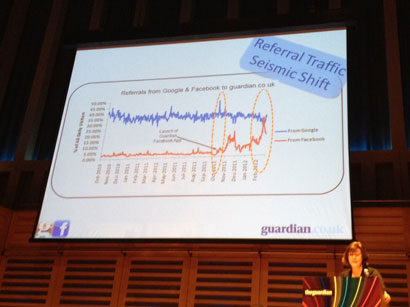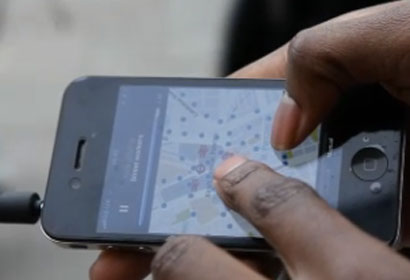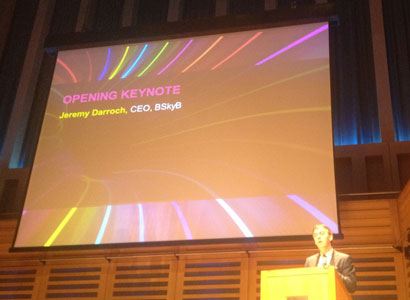Speaking at the Polis International Journalism conference today, BBC sports editor David Bond discussed as part of a panel the expected impact of social media on this year’s Olympic games, with 26,000 accredited journalists all eager to cover the sporting event across media platforms.
I caught up with David after the panel discussion to find out more about how he feels social media will impact sports journalism this year, and the considerations he is taking to ensure information from the platform is used responsibly.
Twitter has just changed everything. It wasn’t around in Beijing, maybe just starting off, but it wasn’t at the level it’s at now in terms of the amount of people who use it, the personalities who use it.
Currently David says he largely uses Twitter as a news source, and highlights the risks journalists will need to consider when using information from social media platforms, during the Olympics and more generally.
I think it comes with a lot of risks and dangers, you have to approach it like any piece of information.
On Twitter because it’s there and people see it, it’s got that broadcast quality and you assume, in most cases wrongly, it has reliability.
We’re still trying to get our heads around it.
He added that when it comes to using the platform to see the interactions of athletes competing in the games there are further considerations to be made by sports journalists.
A lot of it is done to plug sponsors and we have to be careful of are they really the people they say they are … that’s less of an issue now.
But it is going to be in many cases the way we find out about stories involving athletes as that’s the way they’re communicating now. Just look at football.
But he does have some concerns:
The worry for me is that increasingly we’re getting restricted on what we can ask people, direct contact with people is becoming more and more limited.
That’s quite alarming for me, the more barriers there are between two people having a conversation, having unfettered access, that just restricts the freedom of the media.
There’s an illusion around Twitter, I think, that it is all free information and it’s all moving incredibly fast, which it is – but I think there’s a risk of distortion around the quality of the information and there’s a lot of opportunity for people to put barriers in the way.

